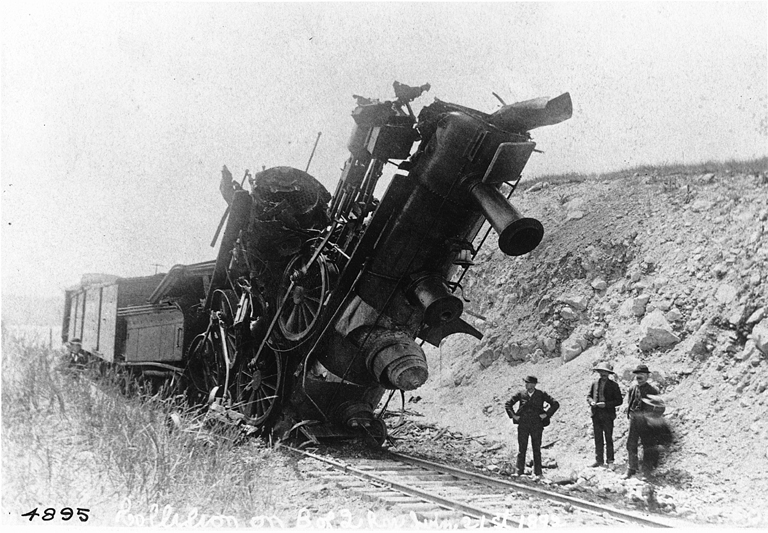Difficult Discussions Are The Most Important Discussions
 When the train is getting ready to pull out of the station, and you know in your heart the destination isn’t right, what do you do? If you still had time to talk to the conductor, would you? What would you say? If your railroad is so proud of getting to the destination on time it cannot not muster the courage to second guess the well-worn time table, is all hope lost?
When the train is getting ready to pull out of the station, and you know in your heart the destination isn’t right, what do you do? If you still had time to talk to the conductor, would you? What would you say? If your railroad is so proud of getting to the destination on time it cannot not muster the courage to second guess the well-worn time table, is all hope lost?
The trouble with thinking the destination isn’t right is that it’s an opinion. Your opinion may be backed by years of experience, good intuition, and a kind heart, but it’s still an opinion. And the rule with opinions – if there’s one, there are others. And as such, there’s never consensus on the next destination.
But even as the coal is being shoveled into the firebox and the boiler pressure is almost there, there’s still time to take action. If the train hasn’t left the station, there’s still time. Don’t let the building momentum stop you from doing what must be done. Yes, there’s the sunk cost of lining everything up and getting ready to go, but, no, that doesn’t justify a journey down the wrong track. Find the conductor and bend her ear. Be clear, be truthful, and be passionate. Tell her you’re not sure it’s the wrong destination, but you’re sure enough to pull the pressure relieve valve and take some time to think more about what’s about to happen.
No one wants to step in front of a moving train. It’s no fun for anyone, and dangerous for the brave soul standing in the tracks. And it’s a failure of sorts if it comes to that. The best way to prevent a train from heading down the wrong track is candid discussions about the facts and clarity around why the journey should happen. But we need to do a better job at having those tough discussions earlier in the process.
Unfortunately in business today, the foul underbelly of alignment blocks the difficult decisions that should happen. We’ve mapped disagreement to foul play and amoral behavior, and our organizations make it clear that supporting the right answer, right from the get-go, is the right answer. The result is premature alignment and unwarranted alignment without thoughtful, effective debate on the merits. For some reason, it’s no longer okay to disagree.
Difficult discussions are difficult. And prolonging them only makes them more difficult. In fact, that’s sometimes a tactic – push off the tough conversations until the momentum rolls over all intensions to have them.
Hold onto the fact that your company wants the tough conversations to have them. In the short term, things are more stressful, but in the long term thing are more profitable. Remember, though sometimes bureaucracy makes it difficult, you are paid to add your thinking into the mix. And keep in mind you have a valuable perspective that deserves to be valued.
When the train is leaving the station, it’s the easiest time to recognize the tough discussions need to happen but it’s the most difficult time to have them. Earlier in the project it’s easier to have them and far more difficult to recognize they should happen.
Going forward, modify your existing processes to cut through inappropriate momentum building. And better still, use your knowledge of how your organization works to create mechanisms to trigger difficult conversations and prevent premature alignment.
 Mike Shipulski
Mike Shipulski